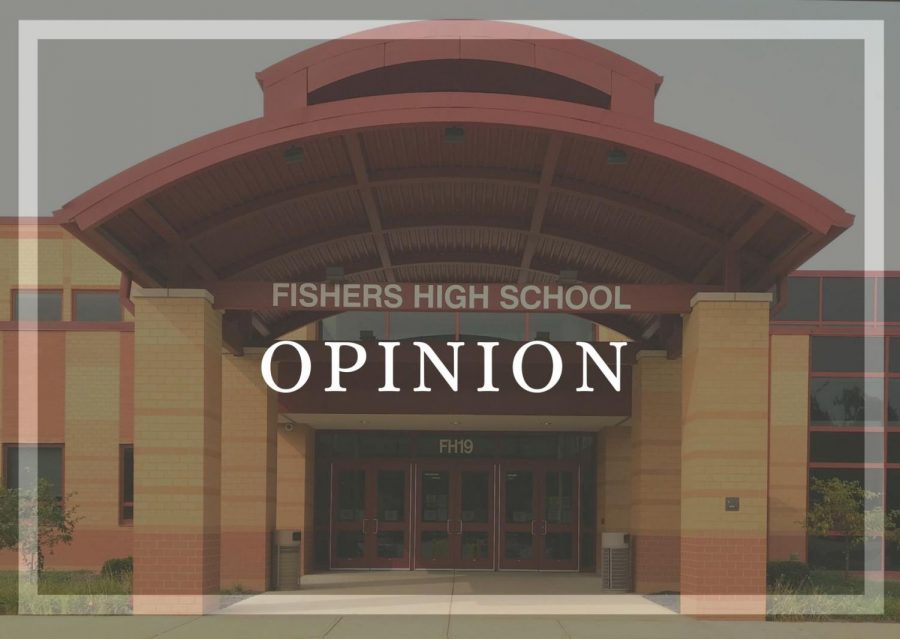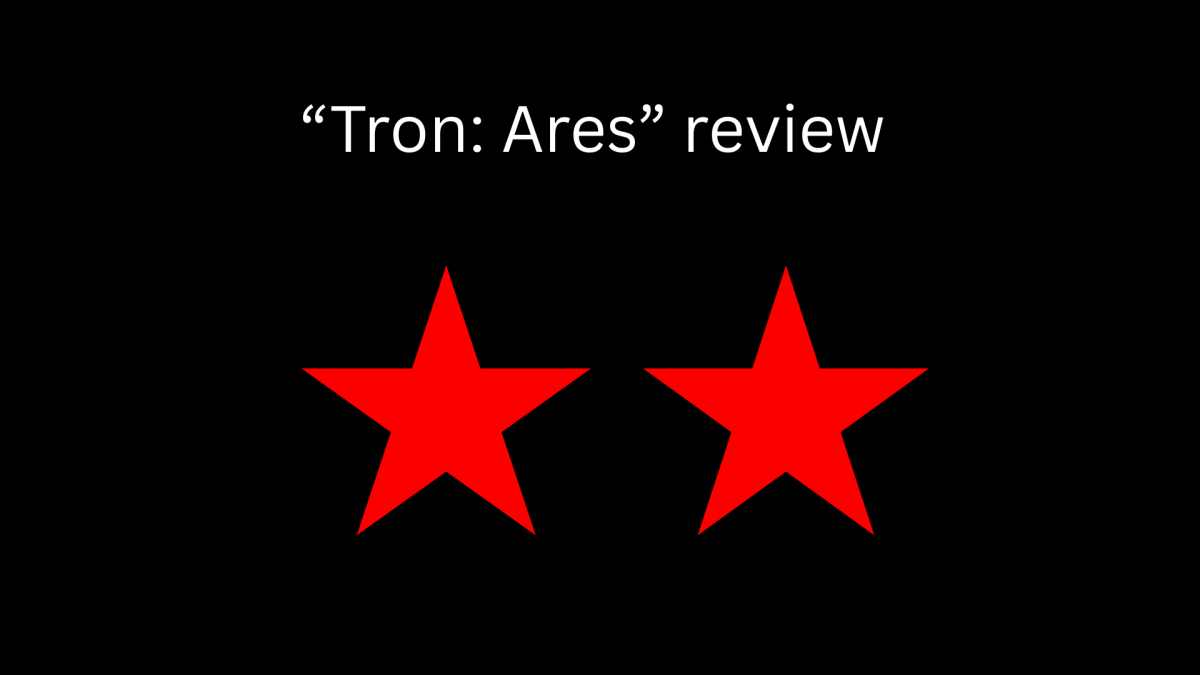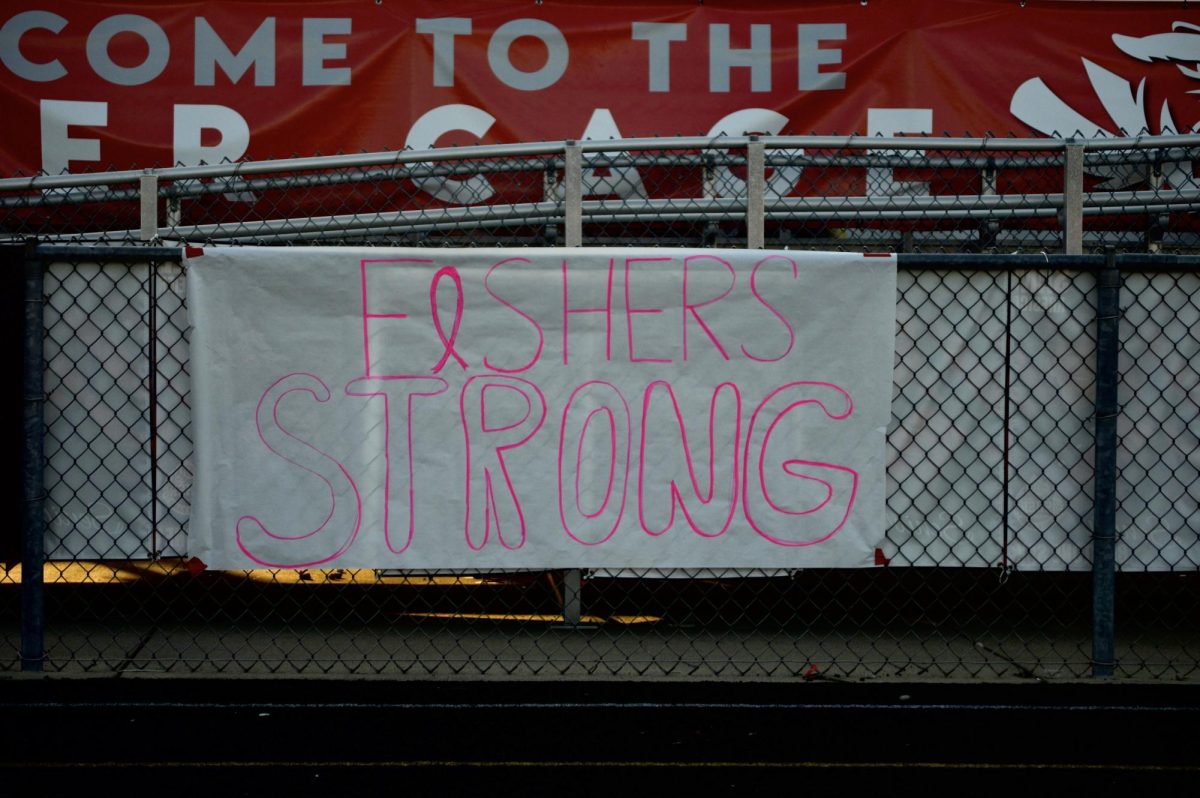Polarization divides country, encourages animosity
Photo by the Fishers N The Red Staff.
With an upcoming presidential election, the discussion of polarized politics becomes even more prevalent.
September 17, 2020
With the 2020 presidential election approaching in two months, animosity within politics is building to what seems to be an all-time high, and much of this is because of the ever-growing political polarization our country and society keeps cultivating.
In our modern world, animosity has come to define politics and more specifically it has taken root within the gap between Republicans and Democrats, spreading further and further with time. Since the 1980s, political polarization has been encouraged by our society with little restraint, leaving us with the petulant, antagonistic environment of U.S. politics today.
Many people disregard the polarization as disagreements between parties, but it has much more dangerous, deeper roots. It is represented by people refusing to talk to someone of the other party, telling someone “you can’t be friends” if they have different views, or becoming combative the second something comes up that you disagree with. Polarization has become the wall we have put up to refuse compromise and selfishly covet our own opinions without opposition.
So why does polarization continue to spread?
The growth has been truly dependent on the hatred between the two political parties. Thomas B. Edsall wrote in the New York Times, “Hostility to the opposition party and its candidates has now reached a level where loathing motivates voters more than loyalty.”
Edsall went on to find that the day before the 2016 presidential election, 58.5% of voters had an unfavorable view of Donald Trump and 54.4% felt the same about Hilary Clinton, while only 37.5% of voters had a favorable view of Trump and 41.8% favored Clinton.
This hatred drives political conversations that lead to more and more political polarization. With people putting more value in what they dislike about the opposing candidate or party, they are losing sight of the true purpose of parties – to support your beliefs.
The polarization finds its way into conversation of family and friends, becoming a breeding ground for disputes. With only disapproval for opposing ideas, people consistently go on the offensive. They tend to attack someone else’s views before calmly suggesting and explaining their own.
Polarization is separating friends, families, workplaces, schools and so much more. The University of California Berkeley ran a study that found that in 2016, Thanksgiving dinners were significantly shorter in homes where families had differing political views. Due to this effect, about 34 million hours of discourse were eliminated in total across these households.
Political parties have become not a choice, but a way of life. They dictate how a person acts, speaks and sees the environment around them. Becoming tribal, people refuse to compromise, as to do so would be to betray their own. They don’t think twice before blindly agreeing with the beliefs of their party.
This same inability to compromise has infiltrated our government leading to an increasing amount of government shutdowns, violent protests and attacks on elected officials and the inability to remove the electoral college. In many cases, it is creating a stagnant government where parties will not give up a slight edge of power to make needed changes, such as getting rid of the electoral college.
Political opinions are becoming people’s identities that they are unwilling to part with. They refuse to look at the different ways situations can be perceived.
Without listening and comprehending the views around us, no change can be made. People need to face the harsh reality that at some point in their lives not everyone is going to agree with them, and that is healthy. Disagreement is what leads to the tough conversations necessary to make a difference, but they need to be respectful.
Every person needs to try and overcome the daunting polarization ahead of us leading into the 2020 election. Trying to listen and understand someone else’s opinion without interrupting or keeping yourself informed on the facts behind highly controversial topics are good ways to start. Together every one of us has the power to create a healthier political environment, starting with our friends and family, and we can only hope other people follow suit.









